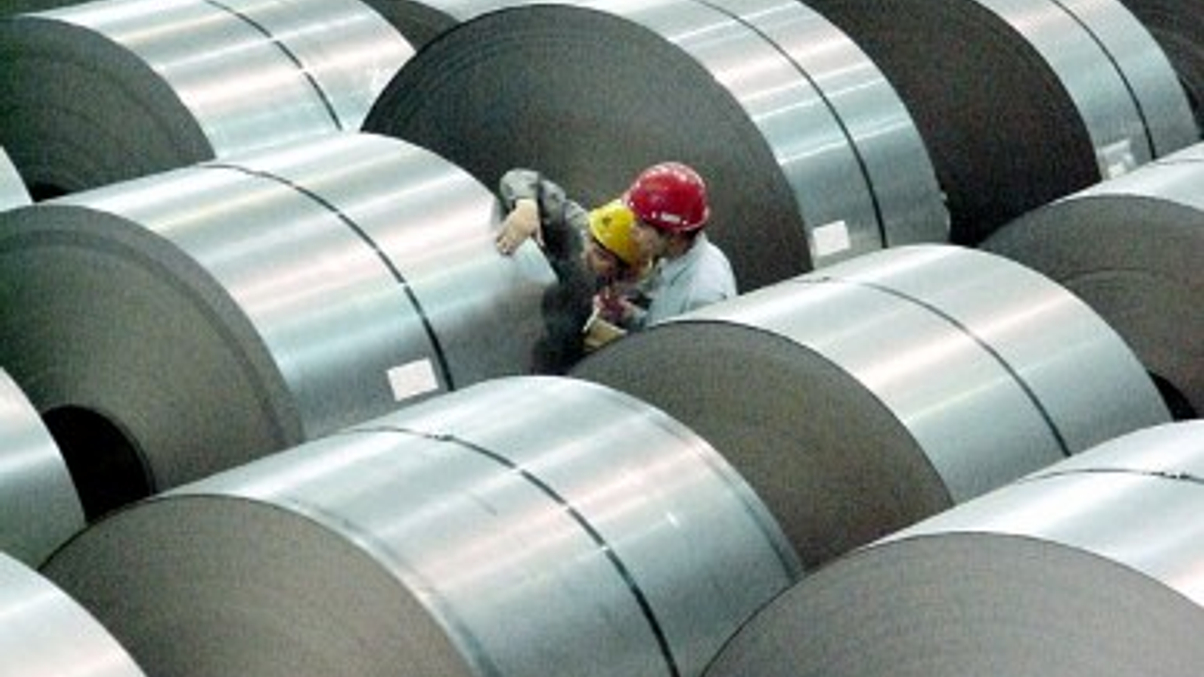More dim sum to come from mainland SOEs
Mainland state-owned enterprises are set to pique appetite for dim sum bonds through new issuance, as China moves towards RMB internationalisation, Moody’s forecasts.

China will put more dim sum bonds on the menu this year, with the new supply of offshore renminbi-denominated debt to include issuance from state-owned enterprises, predicts Moody’s.
Sign in to read on!
Registered users get 2 free articles in 30 days.
Subscribers have full unlimited access to AsianInvestor
Not signed up? New users get 2 free articles per month, plus a 7-day unlimited free trial.
¬ Haymarket Media Limited. All rights reserved.


